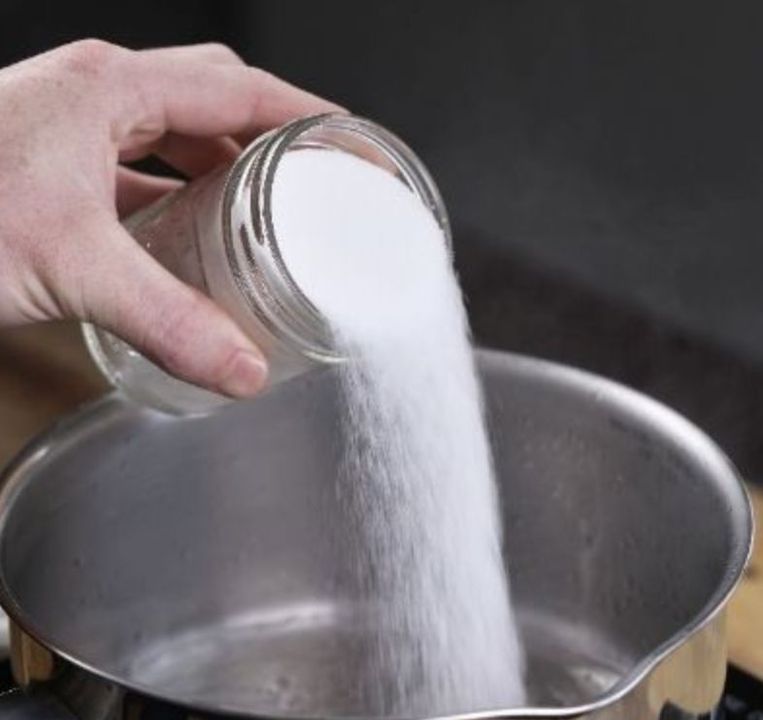
Keep fleas, ants, and roaches out of your home for good with these 12 easy methods
4. Make a natural flea spray
Once you’ve controlled the initial flea population using the steps above, make your own natural products to keep the fleas away. Neither of these contain any harsh chemicals and are safe to use around the home, but be careful not to use rosemary oil or powder on your cat; it might have an adverse reaction.
5. Deter ants with household products
If you can see where ants are coming into your kitchen, spread a line of petroleum jelly, duct tape or talcum powder across the entry point. You can also wipe the trails clean with diluted cinnamon oil, or place ground cinnamon or whole cloves near the entry points.
Spraying white vinegar, fresh lemon juice or diluted peppermint oil across old ant trails also works to remove their chemical scent so that the colony doesn’t continue to use the same path. Try drawing a line with chalk around the entry points, because ants are repelled by calcium carbonate. If you’re having a picnic, place a water-filled container under each table leg; the ants won’t be able to get onto the table at all. For a step-by-step guide to get rid of ants, be sure to check out these 4 easy ways to keep away ants
6. Bait or trap the ants
Try making a homemade bait by mixing 1 part borax with 3 parts powdered sugar. The sugar attracts the ants, and the borax poisons them. The ants will carry the poison back home and exterminate the colony. You can also make an ant trap by pouring a little honey into a shallow dish. The ants are attracted to the sugar but become stuck and can’t get back out.
7. Find the ant nest
Be careful: Some ants are aggressive and have painful bites! They also play an important part in our ecological system, so only destroy the nest if other methods have failed. Pour boiling water into the entry point of the nest; it will flow throughout the tunnels and kill the colony. You can also use a solution of camphor oil and methylated spirits. Your aim should be to kill the queen, who is responsible for reproducing in the colony.